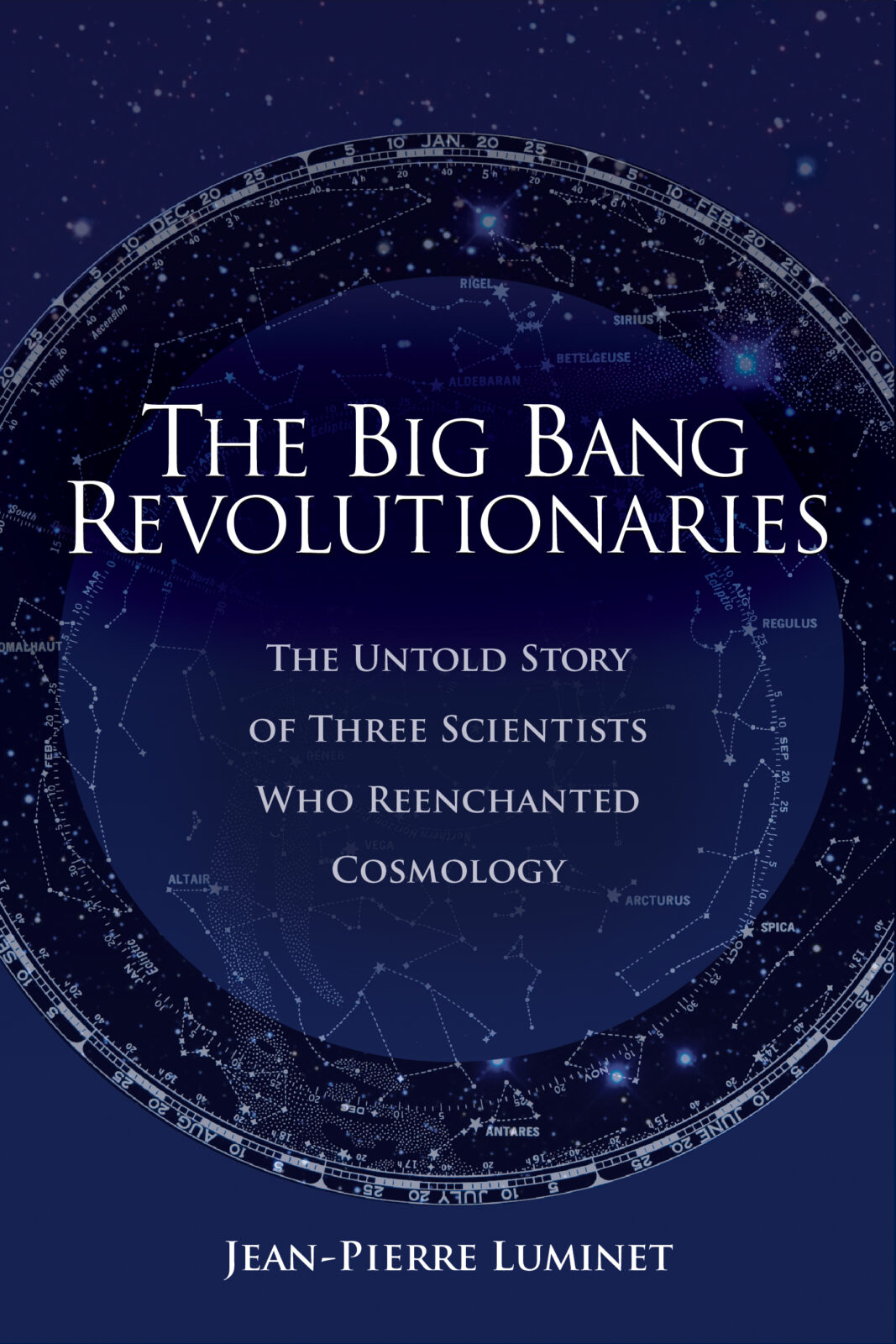

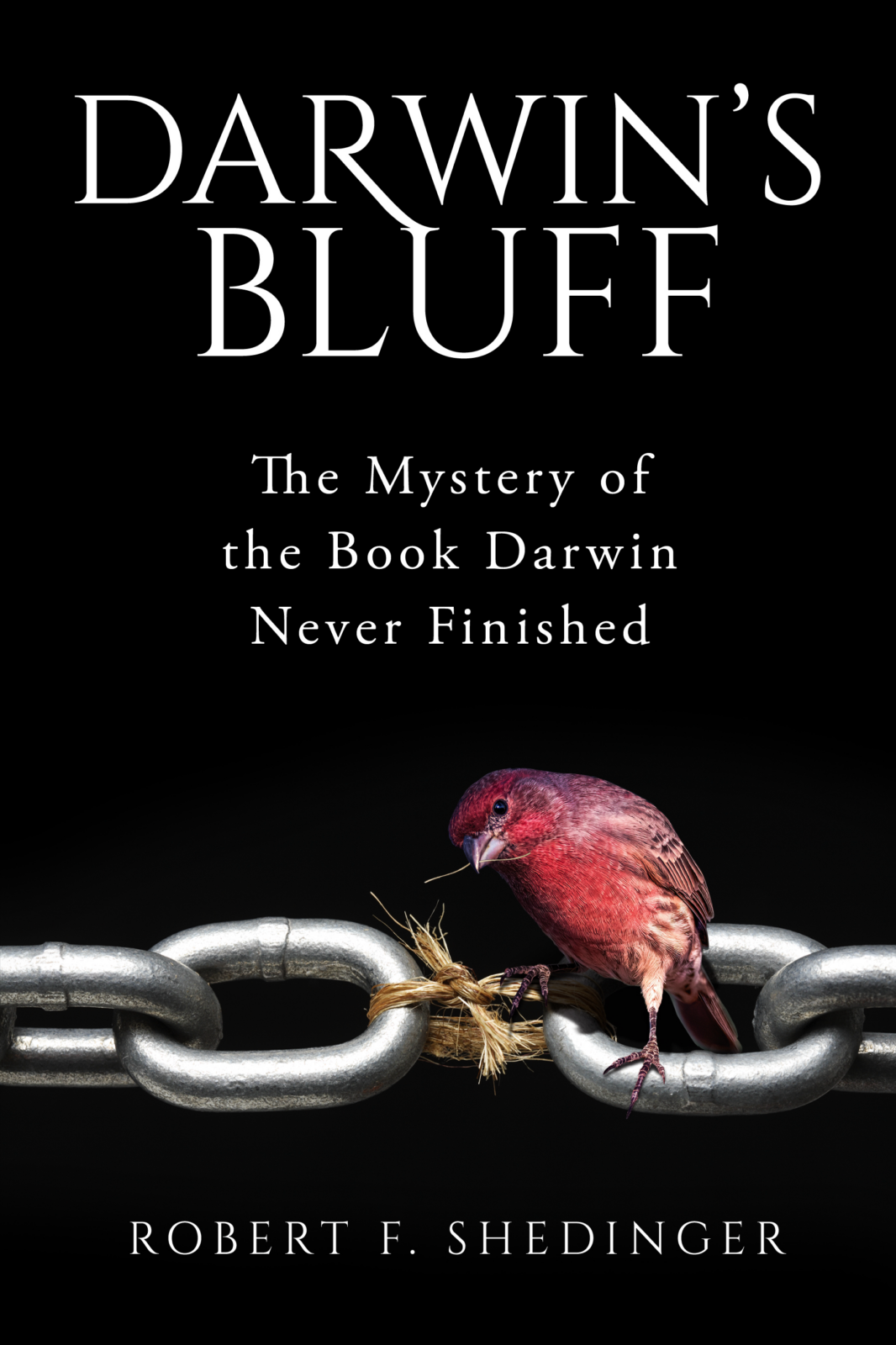
Darwin’s Bluff
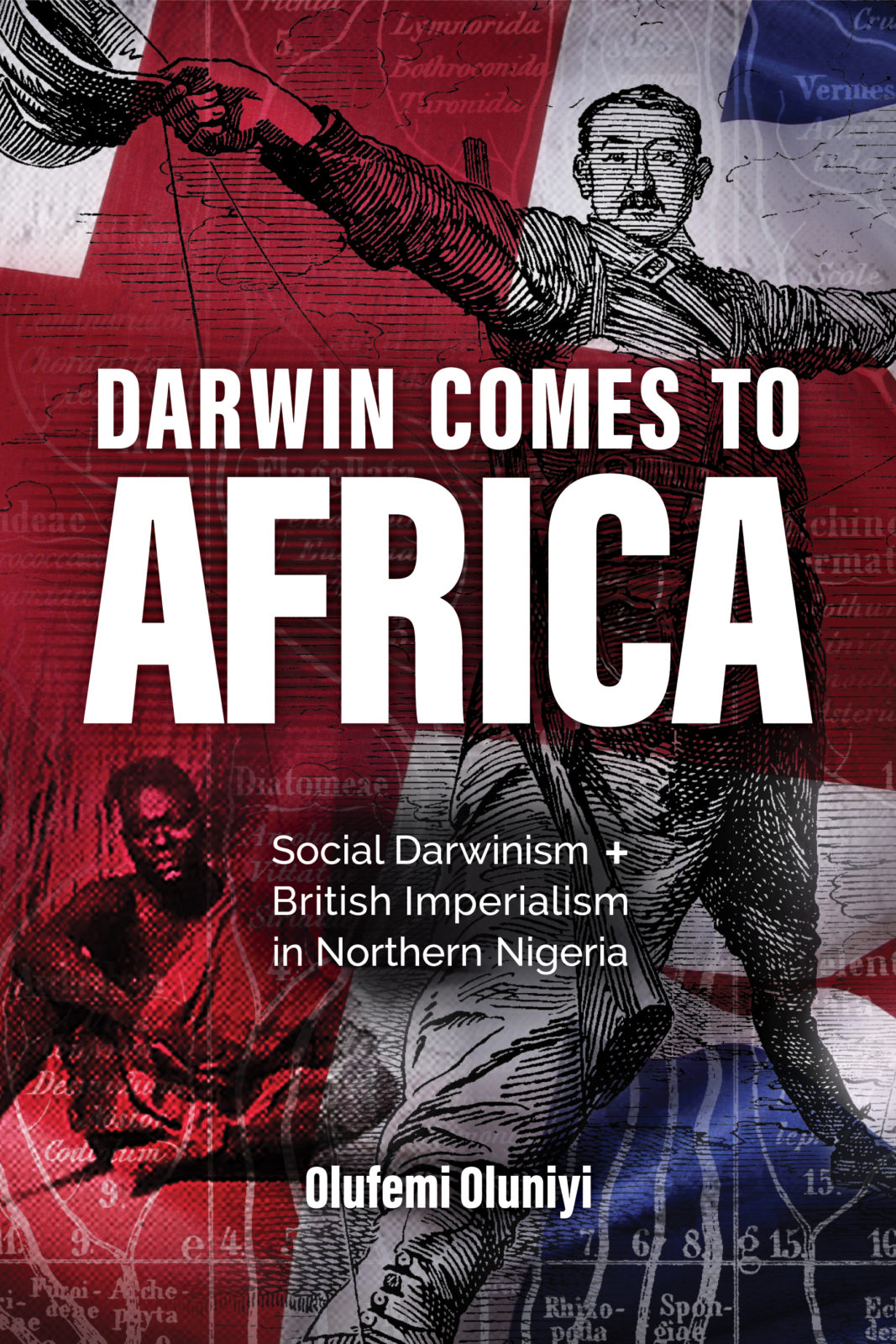
Darwin Comes to Africa
Charles Darwin fathered not just a scientific theory, but a toxic social ideology that fueled racist colonial policies in Africa. In this sobering book, African scholar Olufemi Oluniyi traces the insidious impact of Darwinian ideas on British imperial policies in Northern Nigeria. Drawing on official documents, public statements, and well-attested historical events, Oluniyi documents how concepts such as evolutionary racism Read More ›
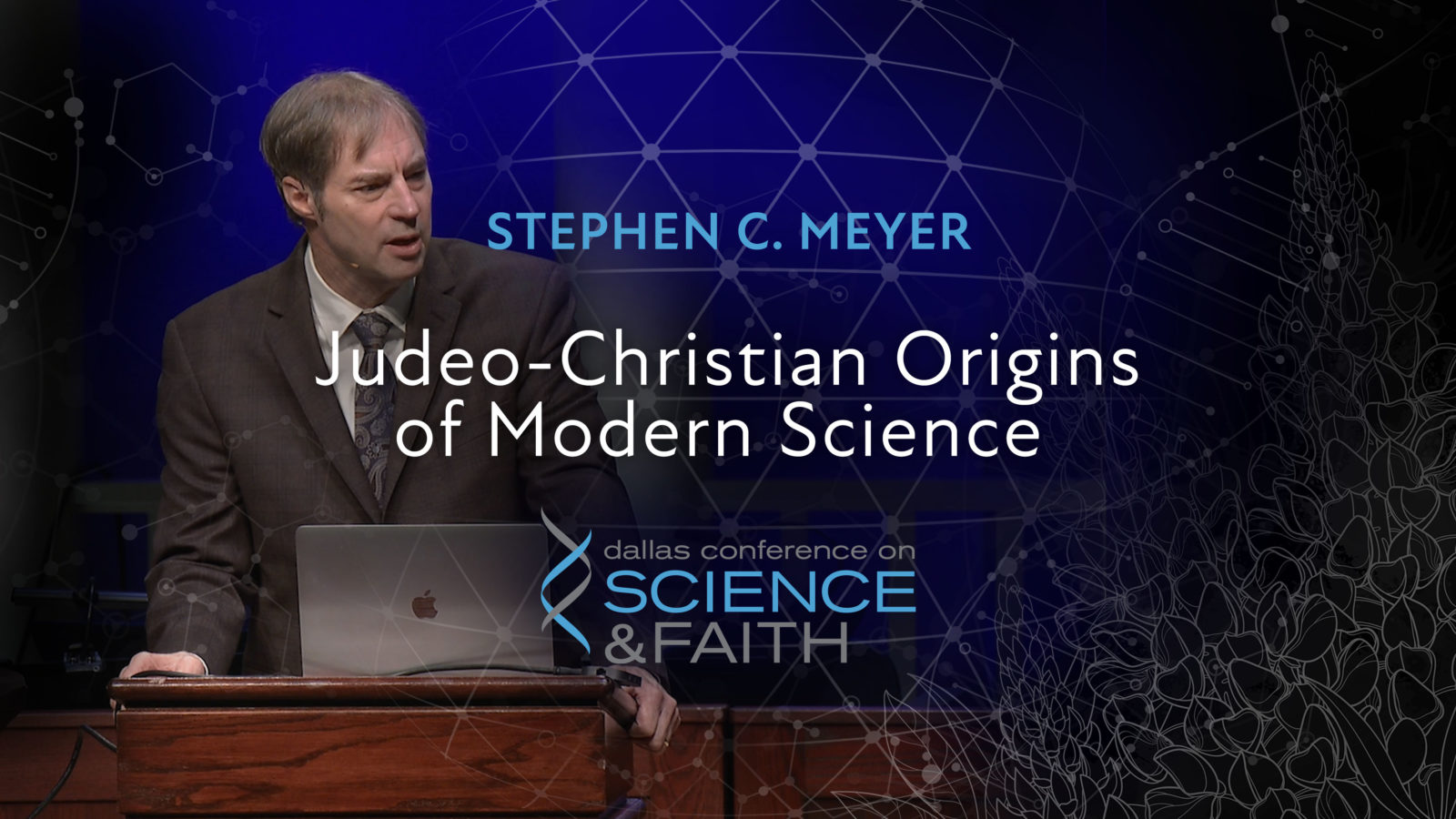
The Judeo-Christian Origins of Modern Science
Bestselling author Stephen Meyer explores how three key Judeo-Christian presuppositions encouraged the rise of modern science, and he explores the influence of faith on the life and work of Sir Isaac Newton. Meyer is Director of the Center for Science and Culture at Discovery Institute and author of Return of the God Hypothesis. This talk was presented at the 2022 Read More ›

Jay Richards on the Art of Answering Evolutionists
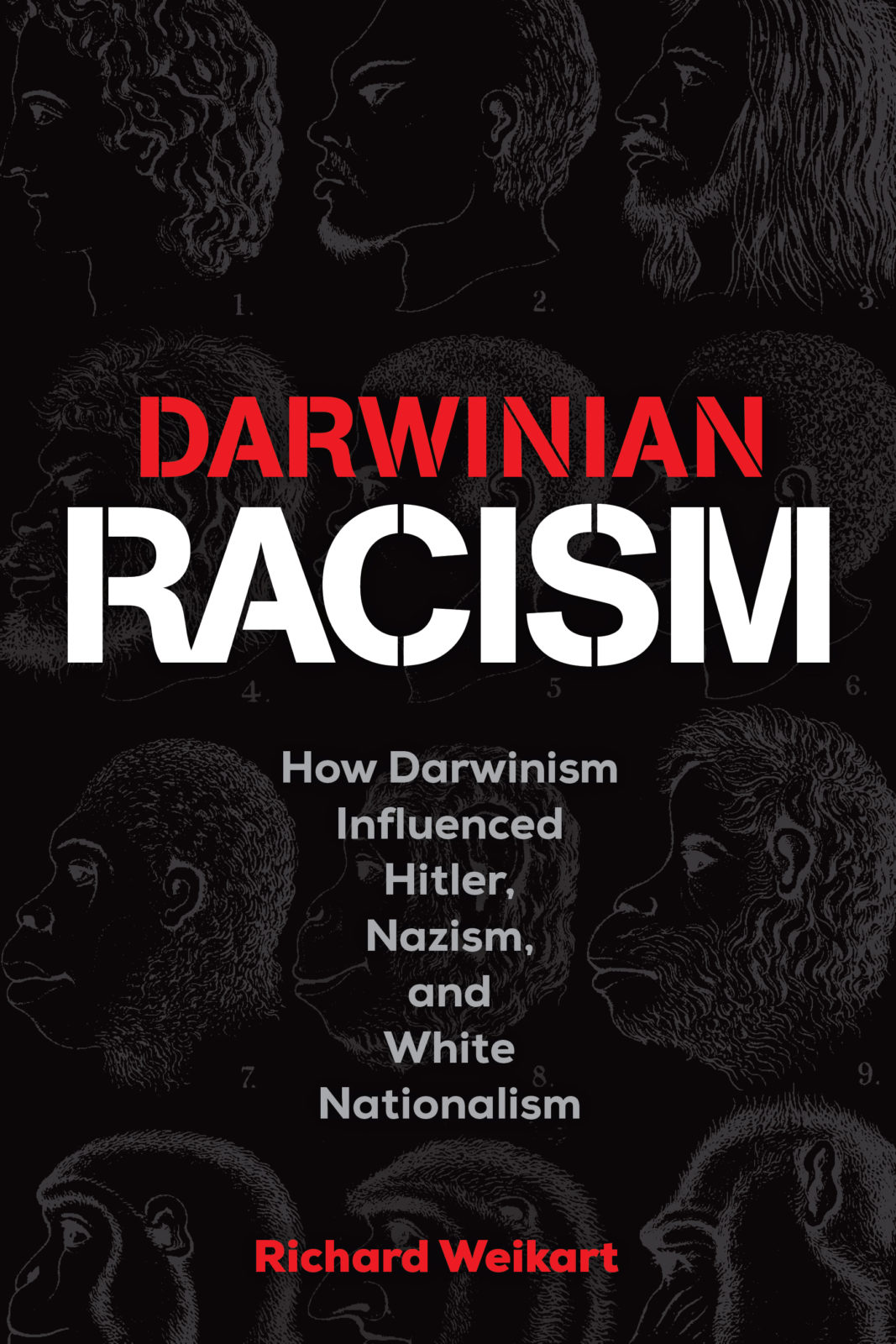
Darwinian Racism
To hear some tell it, Adolf Hitler was a Christian creationist who rejected Darwinian evolution. Award-winning historian Richard Weikart shows otherwise. According to Weikart, Darwinian evolution crucially influenced Hitler and the Nazis, and the Nazis zealously propagated evolutionary theory during the Third Reich. Inspired by arguments from both Darwin and early Darwinists, the Nazis viewed the “Nordic race” as superior Read More ›
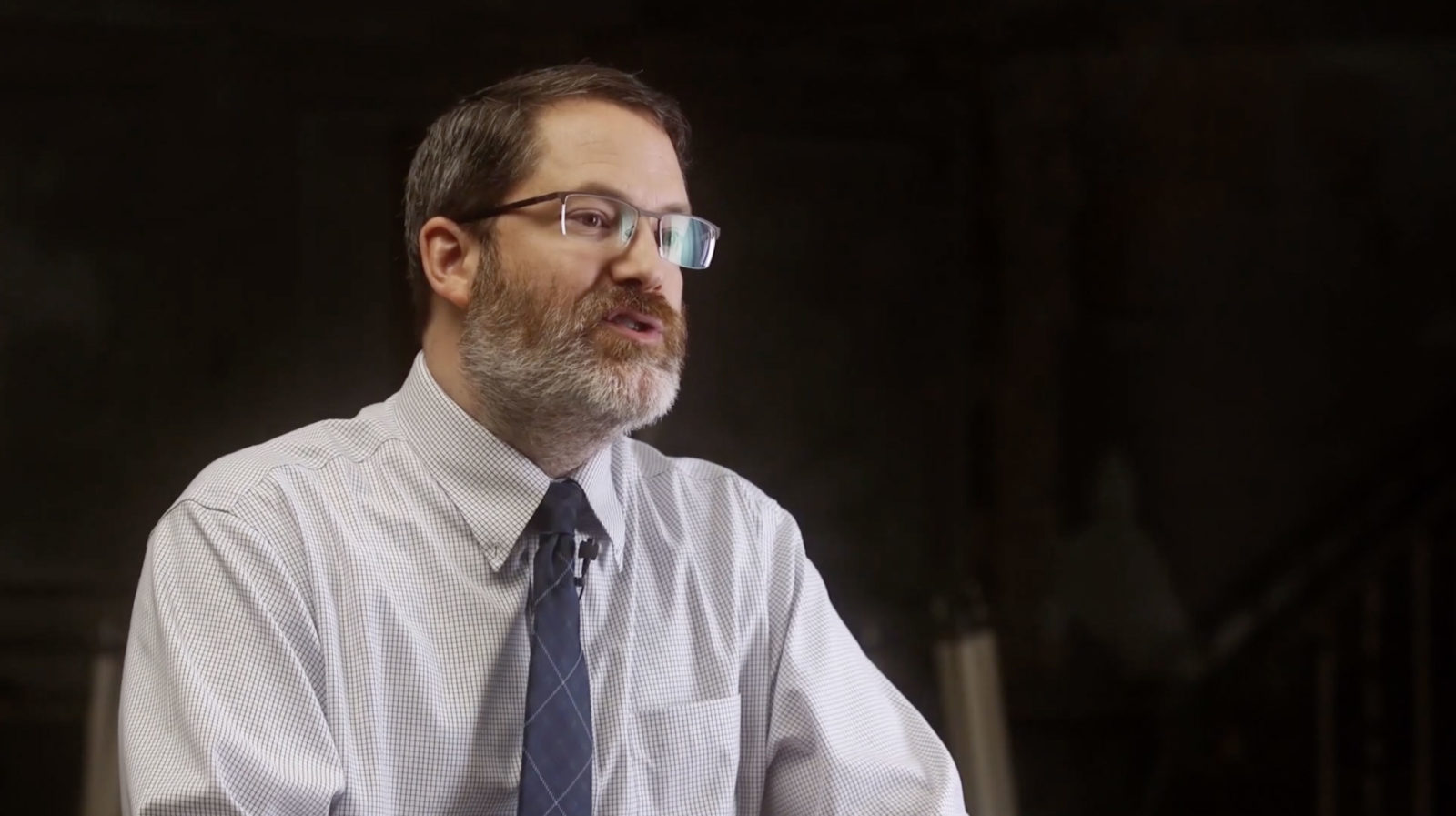
Our Galileo Complex
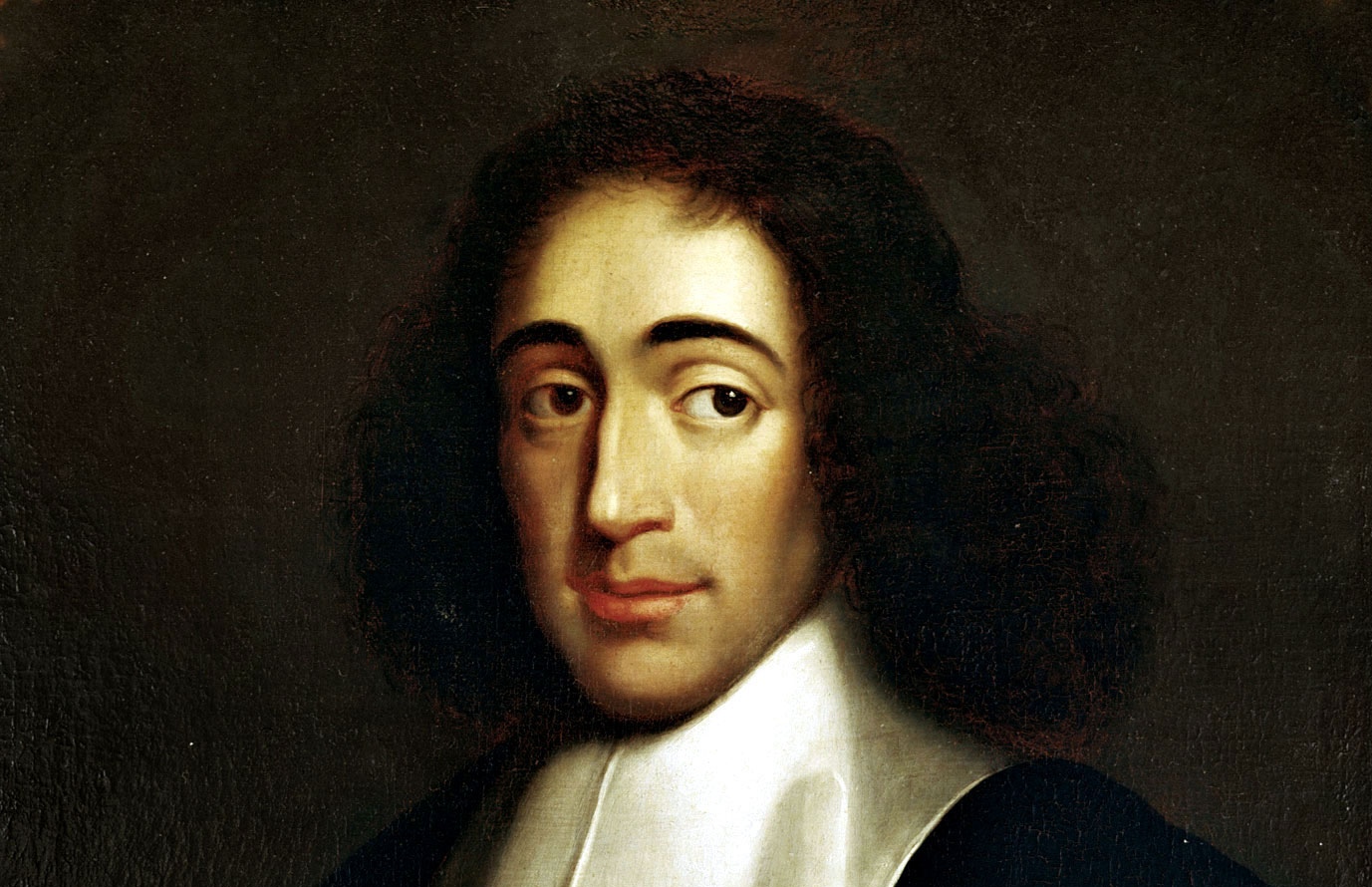
Baruch Spinoza Was No Science Hero
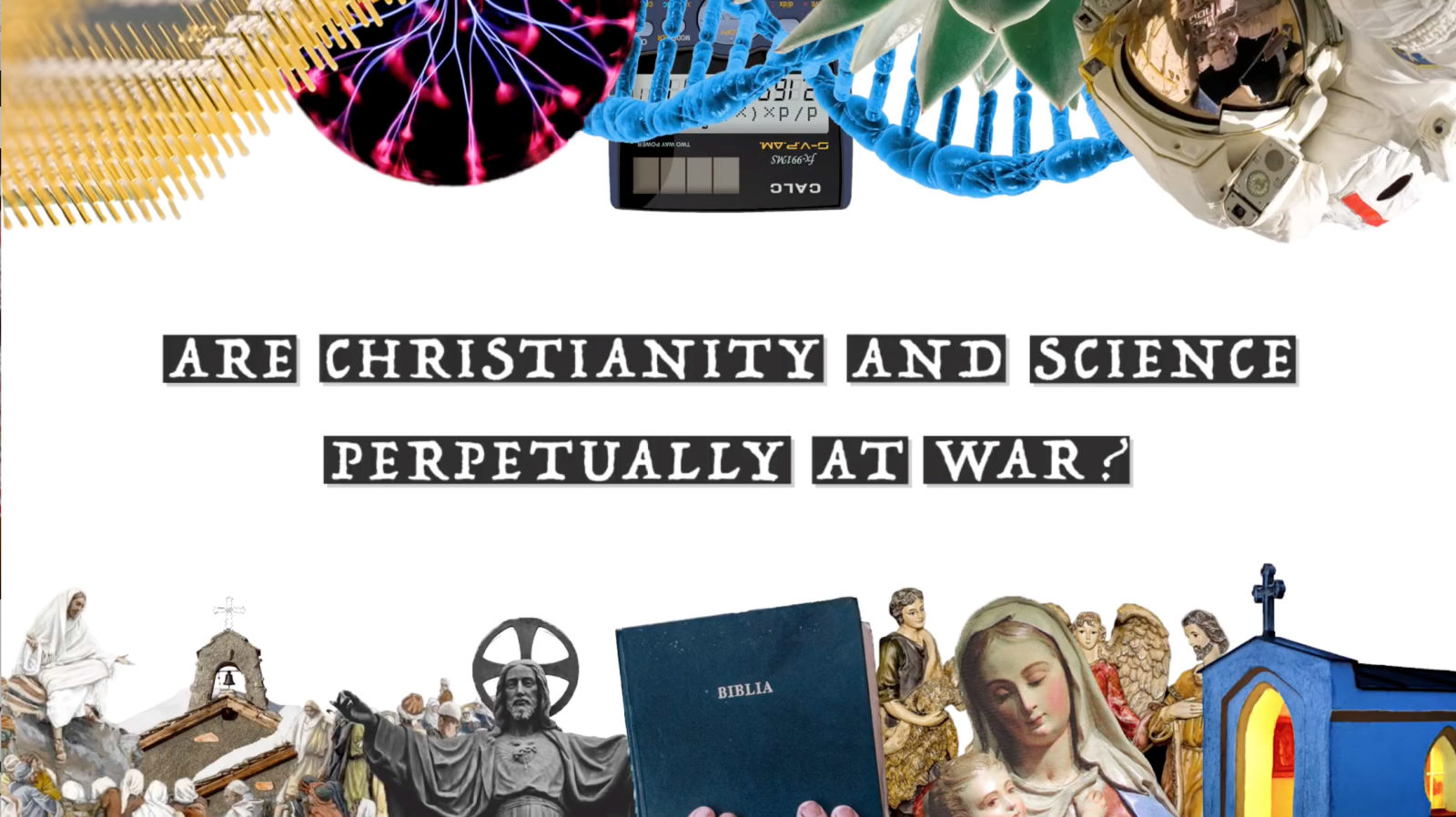
Are Christianity and Science Perpetually at War with Each Other
Historian of science Michael Keas explores the relationship between science and Christianity, discussing three big myths about the history of science and Christianity. Dr. Keas is author of Unbelievable: 7 Myths about the History and Future of Science and Religion. “There is a false idea circulating out there that science grows only when guided by godless thinking.” On the contrary, Read More ›
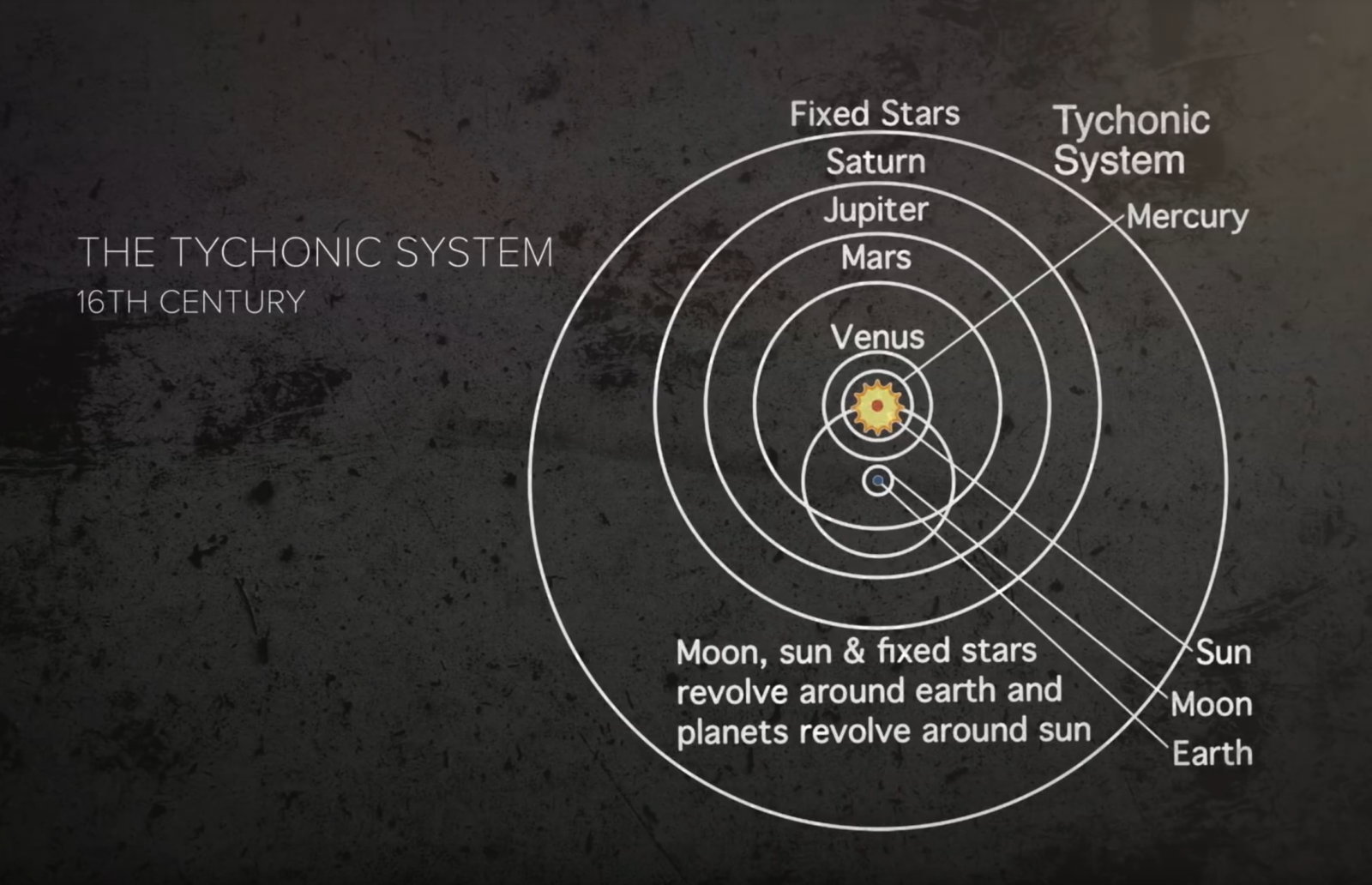
The Actual, Nuanced Story of Galileo Galilei
The Galileo myth posits that the great astronomer’s story illustrates the near-inevitable conflict between science and religion — or “faith and fact.” As science historian Michael Keas explains, the story is actually more complicated, nuanced, and interesting than the myth would have it. In Unbelievable, Professor Keas explores seven myths about the history of science and faith. It’s a great read. Read More ›